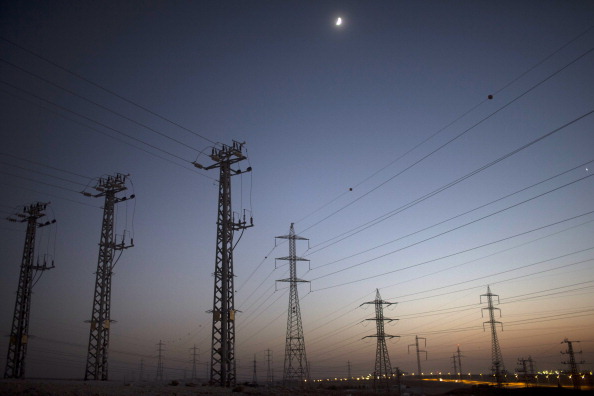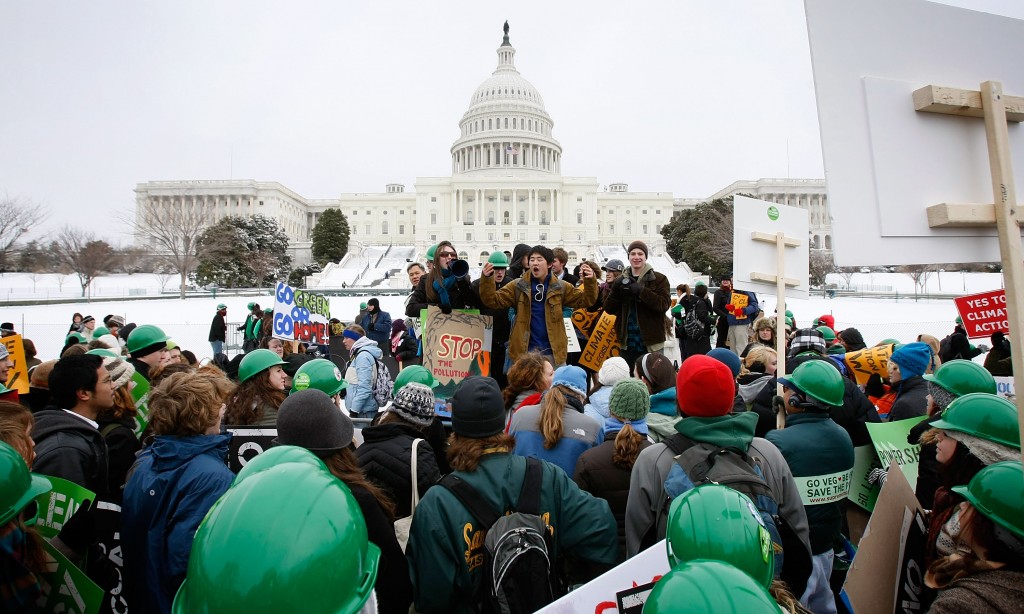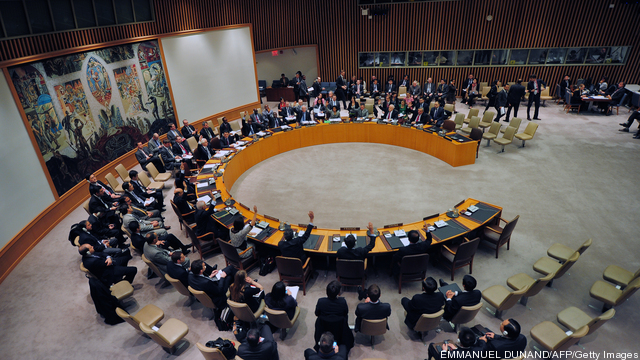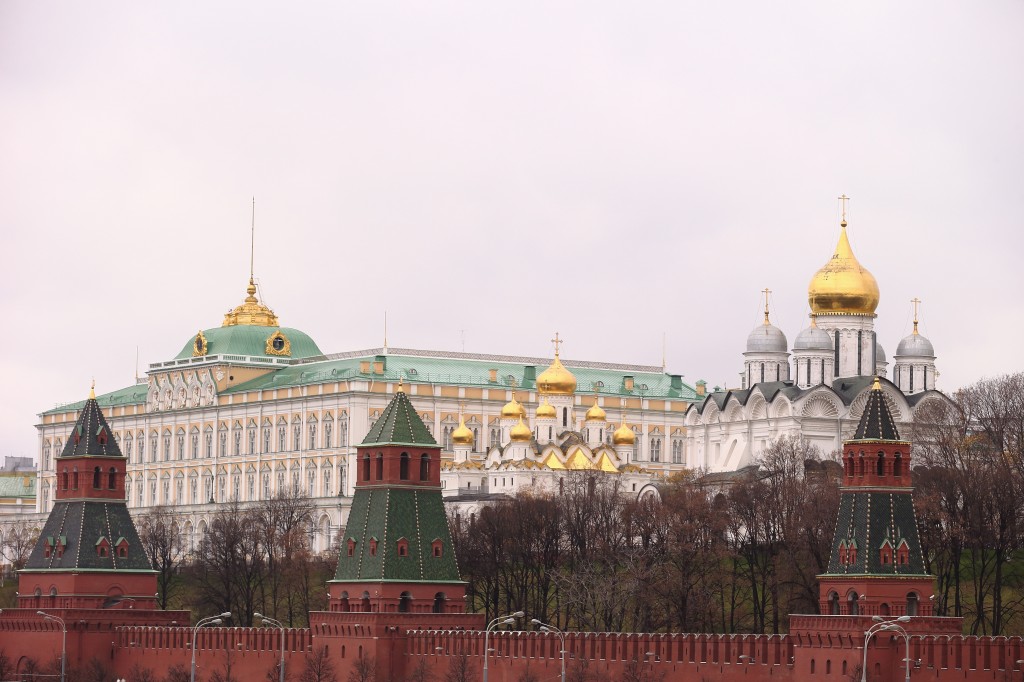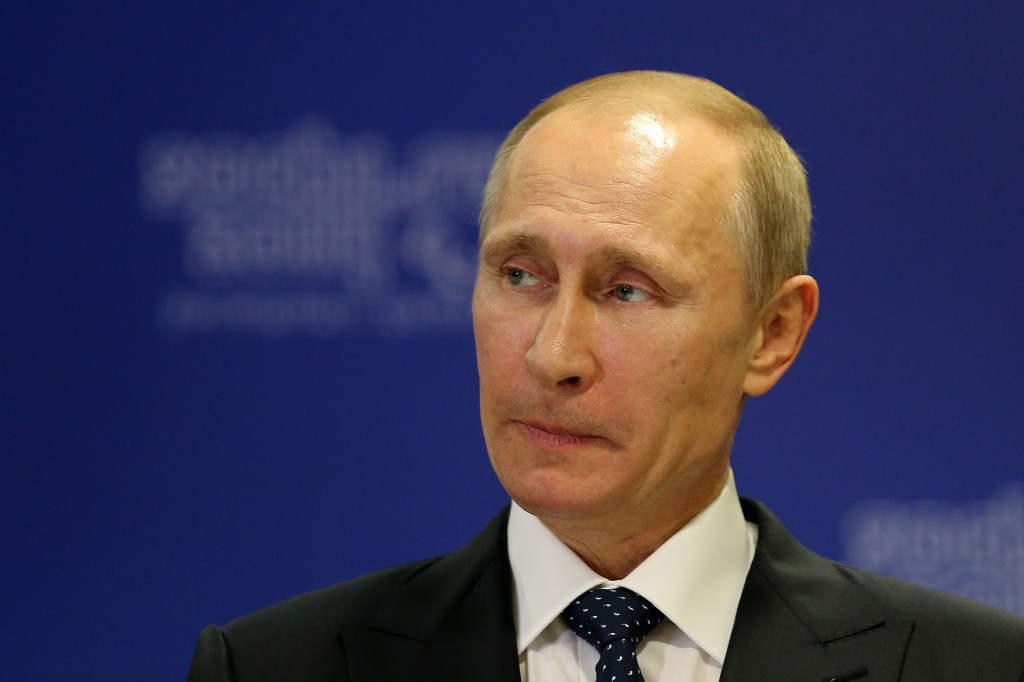A proposed electric transmission line connecting Quebec to New York will receive a key federal approval, according to the U.S. Department of Energy. The Energy Department’s decision to issue a Presidential permit to Champlain Hudson Power Express, Inc. focuses attention on the nation’s international trade in electricity, and may suggest increased reliance on power imports.
Pursuant to two Executive Orders — EO 10485 (September 9, 1953), as amended by EO 12038 (February 7, 1978) — no electricity transmission facilities may be constructed, operated, maintained, or connected at the U.S. border without first obtaining a Presidential permit from the Department of Energy. In 2010, Champlain Hudson Power Express, Inc. applied to DOE for a Presidential permit to construct, operate, maintain, and connect a 1,000-megawatt (MW), high-voltage direct current (HVDC) merchant electric power transmission system across the U.S./Canada border.
